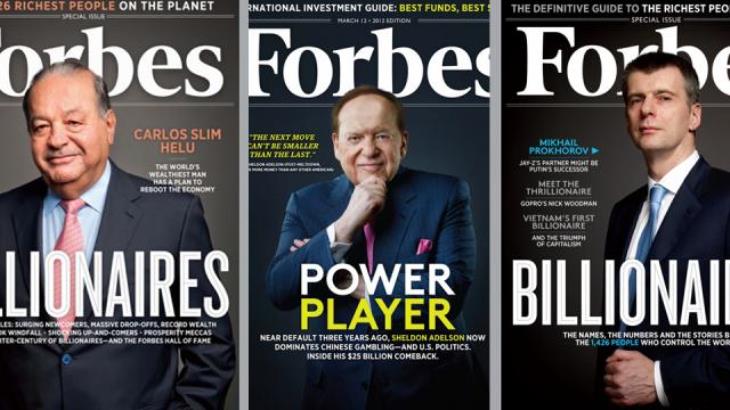David Weigel, who attended the Republican Leadership Conference last week, reports that the conservative movement is already getting behind the oligarchs as they push back against efforts to reverse the effects of Citizens United and McCutcheon v FEC. As was entirely expected, they are framing the issue as an attack on everyone’s free speech by defining money as speech in the same way the Roberts Court has. Call it the billionaire freedom movement:
Udall’s amendment has no chance of achieving the two-thirds congressional vote it needs to proceed. Republicans know that. They’re approaching it as a teaching moment, a way to inform the base that an attack on donors is an attack on democracy, on them. The Democrats are demonizing job-creators while they’re trying to shut up the right.
“Everybody knows about the IRS targeting conservative groups,” von Spakovsky told me the day after the triumphant panel. “Every American hates and/or fears the IRS.”
Of course, the IRS did not especially target tea parties over any other political group. Rather, the same billionaires who benefit from McCutcheon v FEC have spent billions on political organizations masquerading as social welfare organizations, and grassroots conservatives have responded by joining them. Their trumped-up scandal has made it impossible for the IRS to enforce the laws, and that is because many of these nonprofits cannot pass inspection. When the IRS proposed to fix the underlying issue, conservatives mounted a successful comment campaign to delay new rules.
This is not the story of a movement operating within the law, but a movement resisting the laws, and trying to permanently change them, for the benefit of their wealthy donors — and by extension, for the benefit of their political brand.
The Citizens United decision rests on an assumption that no amount of political contributions can be called bribery as long as they are transparent. But the same movement that has worked so hard to remove all limits on contributions has also been working to resist disclosure. In fact, a primary reason for the shift to 501(c)(4) nonprofits on the right has been their exemption from disclosure. Weigel quotes Hans von Spakovsky again:
The Heritage scholar went a little further. Earlier in the year, he said, he’d joined a debate at Harvard about campaign finance reform. He was supposed to be the heavy, of course.
“I asked all these students in the room: ‘How many of you, before you made your decision in 2012, went to the FEC to see who’d given money to the candidates?’ ” von Spakovsky remembered. “Not a single person raised their hand. ‘How many of you think it’s important to see who gave money?’ Not a single hand. Then I asked, ‘How many of you know your neighbors can log on to the FEC and see what you gave?’ They were shocked. They thought that was a violation of privacy.”
Polling of America’s millionaires shows that their priorities are very different from the rest of us, so it is easy enough to convince a student at Harvard, where tuition, room and board total $60,000 a year, that substantial political contributions ought to be private. But by framing it as a privacy violation, donor transparency can be made to seem threatening even to the average American contributing $5 at a time to candidates. Unlimited, private political spending is the very definition of bribery, but no ordinary donor could ever effectively bribe a politician in a world where billionaires have no limits, and the billionaire narrative labels it ‘class warfare’ to acknowledge this inherent absurdity.
In his novel 1984, George Orwell described three classes in an officially-classless society: an Inner Party with all the power and wealth, an Outer Party with no real power and very little wealth, and a proletariat with no wealth or power whatsoever. The conservative movement and its corporate partners actually achieve something like that system by suppressing any discussion of differing class interests. They call the absence of such a discussion ‘freedom,’ but the billionaire doctrine of ‘one dollar, one vote’ simply cannot be applied equally: it will always benefit the richest of us first, their supporters second, but never the rest of us at all. It is a ‘trickle-down’ theory of political power that effectively matches their ongoing upward transfer of wealth.

The 1984 reference is a great one. Along with that I would ask if you have the latest copy of newspeak? My copy of course is old. As for the main thrust of the article I would ask: how come drug cartels have not started to get into the business of opening up 501c4’s? Because if you think about it, it is the perfect money laundering system. Much like Bitcoin wants to get inside of the political system, 501c4’s can also benefit the drug cartels as a mechanism for moving huge sums of drug money into the political system and back out the other way. And nary an agency would lift a finger to stem that tide because donors ya know are private..